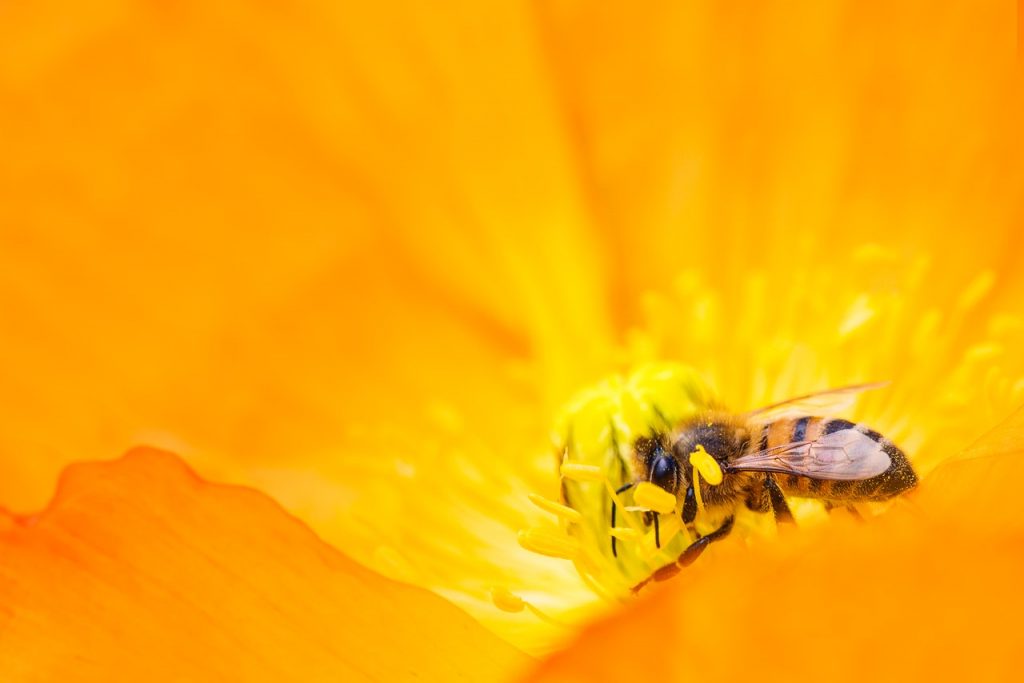Canada News
Health Canada publishes proposed special review decisions related to risks to squash bees from neonicotinoids

Today, Health Canada released its proposed special review decisions related to potential risks to squash bee exposure to the neonicotinoids imidacloprid, clothianidin, and thiamethoxam when applied to cucurbits. These plants are part of the gourd family, and examples include pumpkins, squash and cucumber.
Health Canada has determined that the risk to squash bees from the three neonicotinoids studied are considered acceptable when the mitigation measures established in the 2019 pollinator re-evaluation decisions RVD2019-04, RVD2019-05, and RVD2019-06 are used on cucurbits.
For these special reviews, the Department considered available relevant scientific information, including the existing Health Canada assessments on pollinators from 2019, data submitted from registrants, and open scientific literature.
These proposed special review decisions have been published for a 45-day public consultation.
Quick facts
- Neonicotinoids are a class of pesticide used to control insects on a variety of agricultural crops, including as a seed treatment, and on ornamental plants.
- The mitigation measures established in 2019 for neonicotinoid use on cucurbit crops include the cancellation of imidacloprid and thiamethoxam for soil applications, and the reduction of foliar applications to a single pre-bloom application only for clothianidin.
- To be approved for sale and use in Canada, all pesticides must undergo a rigorous science-based review. Health Canada’s Pest Management Regulatory Agency is responsible for pesticide regulation in Canada.





















